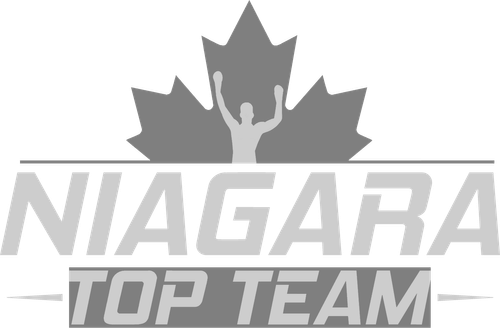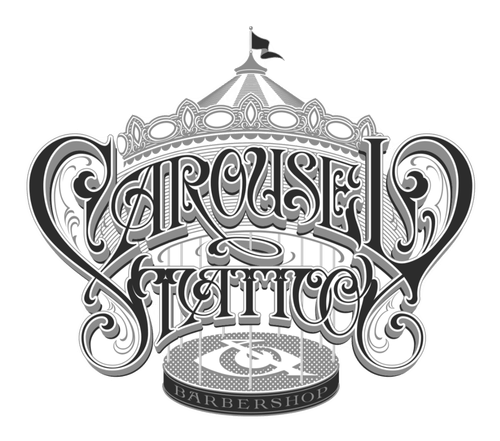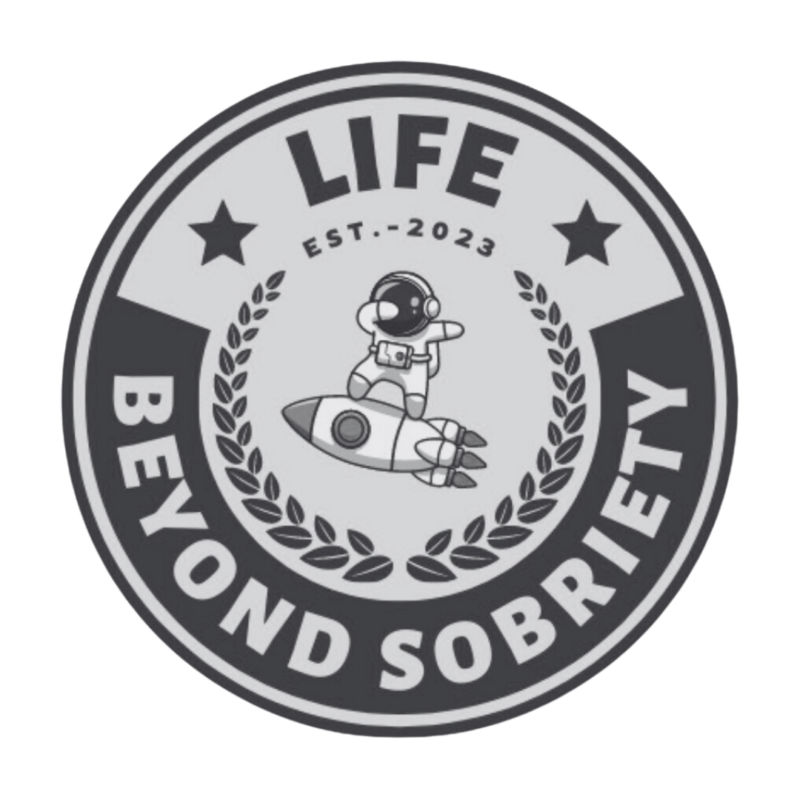Finding Quality Addiction Treatment
Substance abuse treatment centers in Ontario often recognize the importance of addressing the whole person in the recovery process. This means going beyond just the physical aspects of addiction to include mental, emotional, and spiritual healing. Twelve Mile Recovery exemplifies this holistic approach by integrating therapies such as cognitive-behavioral therapy, mindfulness, and yoga, offering clients a comprehensive path to healing.
An important facet of holistic care is the acknowledgment of trauma as a root cause of addiction. Centers like Twelve Mile Recovery employ trauma-informed care to ensure that treatment plans are sensitive to past traumas, providing a safe and supportive environment for individuals to heal and rebuild their lives.
The use of innovative therapies, such as martial arts, further distinguishes these centers. Martial arts can be an effective tool for building resilience, emotional regulation, and self-discipline, which are crucial skills in the journey to recovery. By embracing these multi-faceted approaches, substance abuse treatment centres in Ontario are better equipped to offer lasting solutions to their clients.
Inpatient vs. Outpatient Care
When choosing between inpatient and outpatient care, individuals must consider the severity of their addiction and their personal circumstances. Inpatient care provides a structured environment, 24/7 support, and an immersive therapeutic experience, ideal for those with severe addictions or unstable home environments.
Conversely, outpatient care offers more flexibility, allowing individuals to maintain their daily responsibilities while attending scheduled treatment sessions. This option can be suitable for those with milder addictions or those who have completed an inpatient program but still require ongoing support.
Twelve Mile Recovery offers a residential rehab program that caters to individuals in need of intensive support, ensuring a safe space for recovery. The choice between inpatient and outpatient care should be informed by individual needs and discussed with healthcare professionals to determine the best path forward.
Benefits of Long-Term Treatment Programs
Long-term treatment programs, typically lasting more than 90 days, offer sustained support and therapy, providing individuals with ample time to work through their addictions and underlying issues. These programs allow clients to develop coping strategies, build healthy habits, and establish a solid foundation for life after rehab.
Programs like those offered at Twelve Mile Recovery emphasize the importance of extended care, employing evidence-based therapies and peer support networks. This approach helps clients to gradually transition back into daily life, equipped with the tools they need to maintain their sobriety.
By offering a longer duration of care, these programs can focus on comprehensive healing, addressing emotional and psychological wounds, and empowering individuals to rediscover their strengths. For those committed to lasting change, long-term treatment programs can be instrumental in achieving sustainable recovery.
In addition, long-term programs provide an opportunity for individuals to forge meaningful connections with fellow residents and build a supportive community. This sense of camaraderie and shared experience can be invaluable in fostering a sense of belonging and motivation.
Personalized Treatment Plans
Substance abuse treatment centres in Ontario understand the necessity of tailoring treatment plans to meet the unique needs of each individual. At Twelve Mile Recovery, this personalized approach begins with a thorough assessment to identify the specific challenges and strengths of each client.
Customizing treatment plans allows for the integration of therapies that resonate most with the individual, ensuring a more effective and engaging recovery process. By addressing the unique circumstances and histories of clients, these plans offer a targeted approach to healing, enhancing the likelihood of long-term success.
Personalized plans also adapt over time, reflecting the individual’s progress and evolving needs. This flexibility ensures that clients receive the appropriate level of care and support at every stage of their recovery journey.
The Role of Family Support
The involvement of family in the recovery process can significantly impact an individual’s success in overcoming addiction. Substance abuse treatment centres in Ontario recognize the importance of engaging families in therapy and recovery planning.
By providing family counseling and education, centers like Twelve Mile Recovery help families to understand addiction, improve communication, and establish healthy boundaries. This support can create a positive and nurturing environment for individuals to thrive in as they work towards sobriety.
Additionally, involving family members in therapy can help to address any relational issues or traumas that may have contributed to the addiction. By fostering open dialogue and empathy, families can become an integral part of the recovery process, offering encouragement and accountability to their loved ones.
Family involvement also helps to dismantle the stigma surrounding addiction, promoting a more compassionate and informed understanding of the challenges faced by those in recovery.
Integrating Peer Support Networks
Peer support networks play a vital role in the recovery journey, providing individuals with a community of understanding and shared experience. Many substance abuse treatment centres in Ontario, including Twelve Mile Recovery, emphasize the importance of these networks in their programs.
Peer support can foster a sense of belonging and motivation, creating a safe space for individuals to share their challenges and successes. This mutual support can be particularly empowering, offering encouragement and inspiration from those who have walked a similar path.
These networks also offer opportunities for individuals to practice new coping skills and build healthy relationships. By engaging with others in recovery, clients can develop a sense of accountability, enhancing their commitment to lasting change.
The Impact of Mindfulness and Yoga
Mindfulness and yoga are increasingly recognized for their therapeutic benefits in addiction recovery. These practices encourage individuals to cultivate awareness, presence, and a deeper connection to themselves and the world around them.
At Twelve Mile Recovery, mindfulness and yoga are integral components of the holistic treatment program. These practices support clients in managing stress, regulating emotions, and building resilience, making them powerful tools for maintaining sobriety.
Mindfulness and yoga also promote physical well-being, encouraging healthy habits and self-care practices. By integrating these practices into treatment, individuals can develop a greater sense of balance and harmony in their lives.
Furthermore, the incorporation of mindfulness and yoga can aid in addressing the mental and emotional aspects of addiction, offering individuals a path to healing that is both nurturing and empowering.
Resource Availability and Accessibility
Access to substance abuse treatment centres in Ontario is crucial for those seeking recovery. Challenges such as long wait times, high costs, and geographic limitations can hinder access to necessary care.
Organizations like Twelve Mile Recovery strive to mitigate these barriers by offering a range of services and support options, including intervention services and virtual treatment programs. By expanding access to care, these centers can reach individuals who may otherwise struggle to find the help they need.
In addition, many centers work to secure government funding or offer sliding scale fees to make treatment more affordable. Ensuring that individuals from all walks of life have access to effective addiction treatment is essential for promoting overall community well-being.
The Importance of a Supportive Community
A supportive community can be a powerful catalyst for change in the recovery process. Twelve Mile Recovery places a strong emphasis on community, fostering a nurturing and non-judgmental environment for clients.
Being part of a community enables individuals to share their experiences, challenges, and triumphs, creating a sense of camaraderie and belonging. This support can be instrumental in motivating individuals to stay committed to their recovery journey and build lasting connections.
Furthermore, a supportive community can provide individuals with opportunities for growth and learning, encouraging them to explore new interests and develop healthy relationships that extend beyond treatment.
Is rehab covered by OHIP in Ontario?
In Ontario, the Ontario Health Insurance Plan (OHIP) does cover some addiction treatment services, particularly those provided in hospitals or facilities that receive government funding. However, for private rehab centers like Twelve Mile Recovery, OHIP typically does not cover the costs. At Twelve Mile Recovery, the focus is on providing comprehensive care tailored to individual needs, which often includes services that may not be covered by public insurance. Individuals may need to explore private insurance options or personal payment plans. It’s important to discuss payment plans and coverage options directly with the rehab center to understand all potential financial commitments. Are you considering a private versus a publicly funded facility? Let’s discuss the differences in care and services offered.
How much does rehab cost in Ontario?
The cost of rehab in Ontario can vary widely depending on the facility, the type of program, and the duration of treatment. At Twelve Mile Recovery, costs are determined by the comprehensive nature of the personalized programs offered, which include evidence-based therapies and unique treatment options like martial arts and yoga. This holistic approach ensures that clients receive the most effective care possible, potentially leading to better long-term outcomes. The investment in treatment can be significant, but it is essential to consider the value of achieving lasting recovery and the potential for a healthier future. Are there any specific services you are interested in learning about in relation to their costs?
What is the best treatment for addiction?
There isn’t a one-size-fits-all answer to this question, as the best treatment for addiction often depends on the individual’s unique needs and circumstances. At Twelve Mile Recovery, a combination of holistic therapies is used, including cognitive-behavioral therapy, mindfulness, and trauma-informed care. These approaches are supported by evidence and aim to heal not just the physical aspects of addiction but also the emotional and psychological components. The use of innovative therapies like martial arts helps in building resilience and self-discipline. Ultimately, the most effective treatment is one that resonates with the individual and is adaptable to their evolving needs. What kind of therapies or activities have you found most beneficial or intriguing in your research?
What happens after inpatient rehab?
After completing an inpatient rehab program, the journey to recovery continues with aftercare planning and ongoing support. At Twelve Mile Recovery, this transition is crucial for maintaining sobriety. Clients may engage in outpatient therapy, join peer support groups, or participate in alumni programs to stay connected with a supportive community. The focus is on applying the skills and strategies learned during treatment to real-world situations. A gradual reintroduction to everyday life allows individuals to build on their strengths while navigating new challenges. It’s important to have a support network in place to provide encouragement and accountability. Are you curious about how to effectively build a support system post-rehab?
How do holistic approaches enhance addiction treatment?
Holistic approaches are integral to addiction treatment at Twelve Mile Recovery, where the focus is on healing the entire being–mind, body, and spirit. By incorporating therapies such as yoga, mindfulness, and martial arts, clients can develop a balanced lifestyle that promotes emotional regulation and resilience. These practices enhance the recovery process by reducing stress, improving physical health, and fostering spiritual awareness. Holistic methods address underlying trauma and encourage a deeper connection with oneself, which can lead to more sustainable recovery outcomes. Have you explored which holistic practices might best align with your personal journey or interests?
Resources
- National Institute on Drug Abuse (NIDA) – The National Institute on Drug Abuse is a government organization dedicated to advancing addiction science and providing resources for individuals struggling with substance abuse.
- Substance Abuse and Mental Health Services Administration (SAMHSA) – SAMHSA is a government agency that works to reduce the impact of substance abuse and mental illness on America’s communities.
- Centre for Addiction and Mental Health (CAMH) – CAMH is Canada’s largest mental health teaching hospital and one of the world’s leading research centers in its field.
- National Alliance on Mental Illness (NAMI) – NAMI is a grassroots mental health organization dedicated to building better lives for the millions of Americans affected by mental illness.
- National Institutes of Health (NIH) – The National Institutes of Health is the primary agency for conducting and supporting medical research, including research on addiction and substance abuse.












